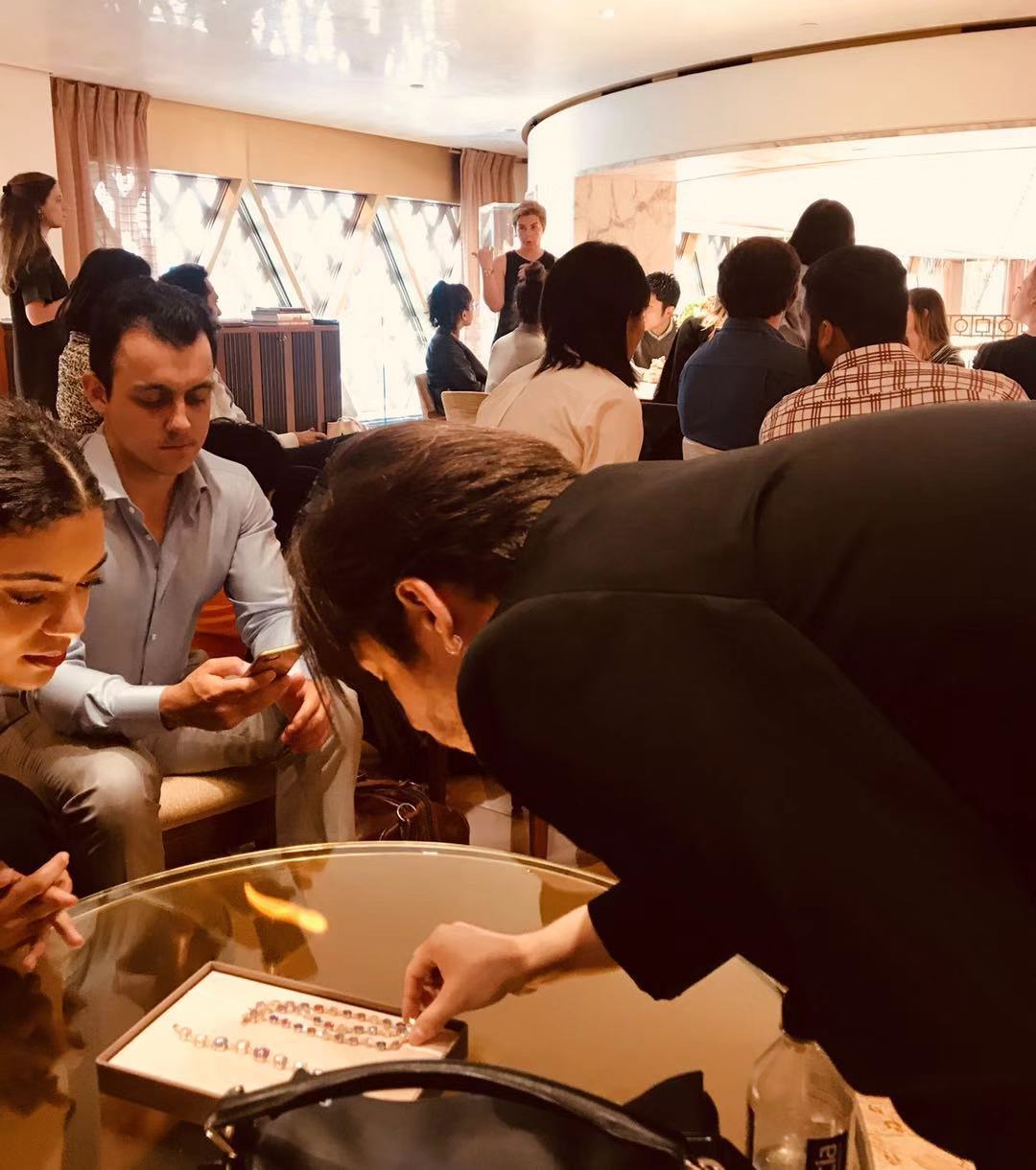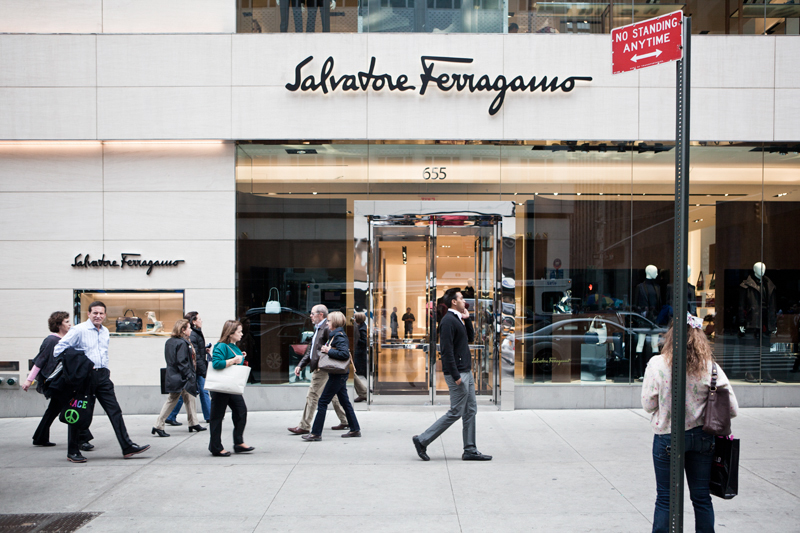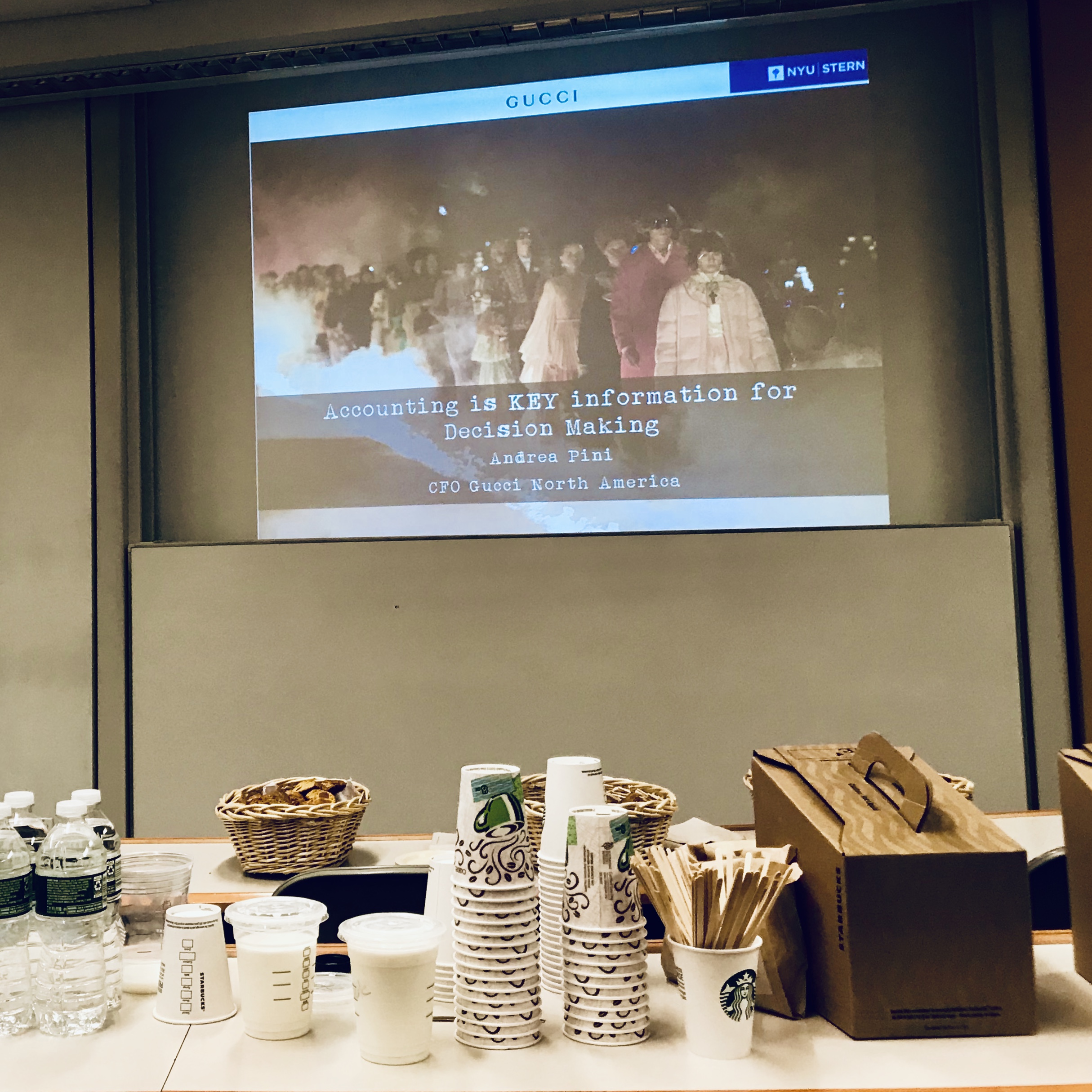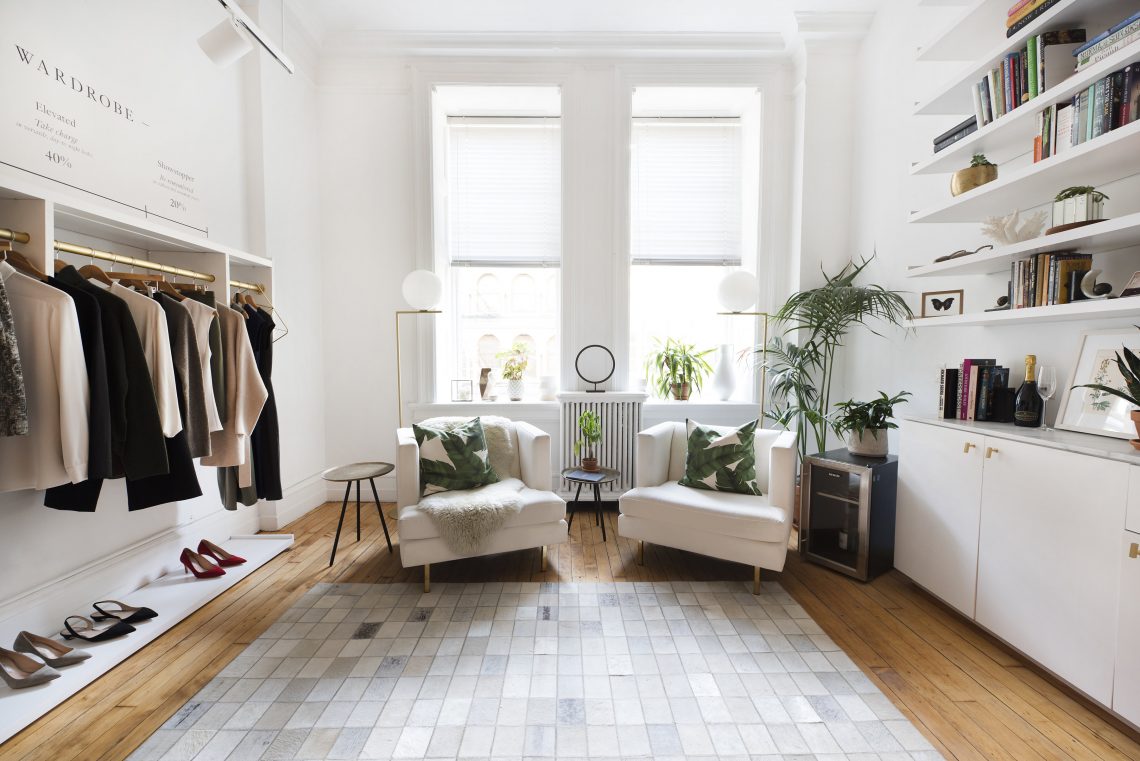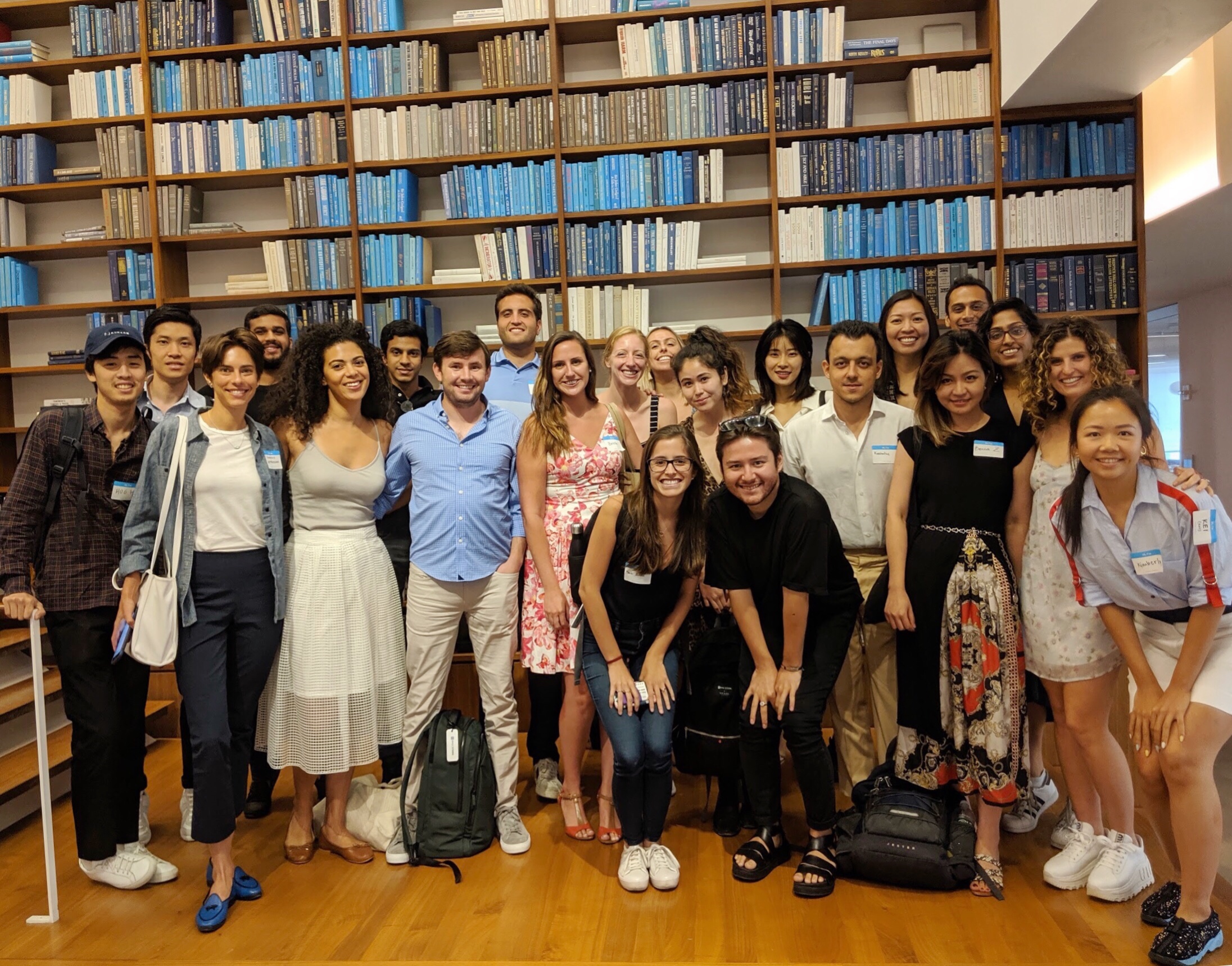It’s been a tough time fighting the coronavirus everywhere in the world. Italy has been one of the countries that is severely suffering from it. Faced with the COVID-19 outbreak that has brought this country to a screeching halt, Italians decided that fun is the best medicine for a healthy spirit. Videos have been shared on social media that captured people singing and dancing from their balconies and windows in an attempt to boost morale during the nationwide lockdown.
This reminds me of the discussion we had in Milan during the Fashion & Luxury MBA international immersion. It was the kick-off class in the first day in Milan where Professor Thomai described the personality of Milan and Milanese as introverted. Milan has earned its reputation for aloofness, at least by Italian standards. When walking around the city, there are magnificent buildings with well designed doors that are never opened and a lot of beautiful hidden gardens that you can only wander from the outside. But these days what has been shown in the videos featuring Milanese talking to their neighbors for the first time through windows and balconies, comforting one another, forging new bonds, growing closer — albeit from a distance, is a romantic demonstration of how introverts make the best out of the worst amid the coronavirus pandemic.
Milan is one of the birthplaces of luxury brands and has the most amazing fine food. When you look at the way Italians do business, they are focusing on delivering the best craftsmanship and making the most well-done products, instead of expanding the business commercially to the extreme. That’s why there are a lot of small businesses and many Italian luxury brands remain family businesses, versus French conglomerates.
Our trip in Milan included classes in Bocconi Business School in both lecture and case study formats, and onsite visits to Mantero silk factory (one of the silk suppliers for most of the luxury brands such as Louis Vuitton, Hermes, Chanel, Dior), Dolce & Gabbana and Vitale Barberis Canonico. Here are some of my key learnings:
Think deeper and wiser. We discussed the similarities and differences between the Italian luxury industry and the French luxury industry. This immersion not only confirmed some of my thoughts on this topic based on my experience working in the industry, but also deepened my understanding. For example, I used to think French brands were better in doing business globally – they are more organized and adaptive. But after this trip, I learned how to think deeply to understand why and think from different angles – history, government regulation and personality of the country. In addition, I learned to never judge something simply as right or wrong, good or bad, but to think more critically and better appreciate the good side of everything.
Manage changes. We had a case study on one of the most famous Italian luxury brands. The founder has built his luxury empire in a short period of time and done a lot of amazing jobs. But for the past few years this brand has been struggling due to lack of product innovation and unclear brand positioning. It’s a reflection of the struggles many traditional brands are facing – how do they scale and stay relevant, especially for those family businesses with highly centralized power on individuals (usually founders)? I think changes and transformations need three things: 1) The ability to not only predict the future trend of the industry, but also visualize it into companies’ long term strategy. 2) Courage/boldness. No transformation comes from being risk-averse. It’s usually easier said than done to take risks. 3) Ability to convince stakeholders and get resources in a big corporate to implement the changes, including the grit when facing obstacles and short-term losses – remembering the goal is for long-term and it takes time to turn the changes into real positive business impact.
